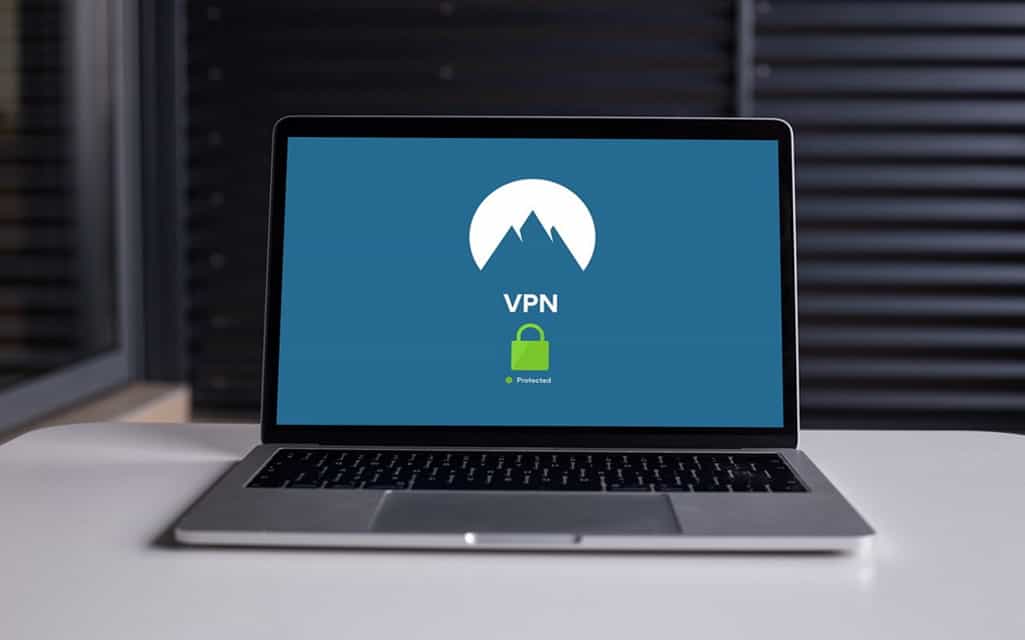The internet allows us to connect with people from all over the world, and it provides us with many great benefits. However, there are many dangers that lurk on the world wide web and if you’re not protected, you could find yourself in a lot of trouble.
There is an alarming number of online security breaches that endanger both individuals and online companies. Luckily, there is a simple way to protect yourself and your private information from hackers. If you don’t want your sensitive information to fall into the wrong hands, you need a VPN.
You’ve probably already heard of VPNs as they’re very widespread. However, if you’re not exactly sure what they are and how they can protect you, you’ve come to the right place.
What is a VPN and how does it work?
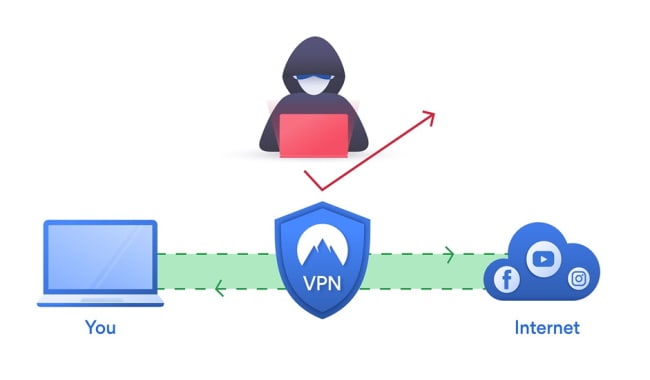
Virtual private networks, or VPNs for short, create an encrypted tunnel between you and a remote server that allows you to surf the internet safely and privately. A VPN protects your computer and the data you’re sharing while also protecting your identity online.
To better explain how a VPN works, it must be mentioned that every computer has an IP address. When you’re doing anything online, the device you’re using can be traced through this IP address.
When you use a VPN, your IP address is hidden thanks to the above-mentioned encrypted tunnel that is operated by your VPN service. All your internet traffic is routed through this tunnel, which makes it secure from third parties.
This tunnel allows you to access the internet without any restrictions, provides you with a high level of anonymity, and adds security. Think of it as driving your car through a tunnel. As long as your vehicle is in that tunnel, nothing and nobody around it can see or harm it.
What are the benefits of a VPN?
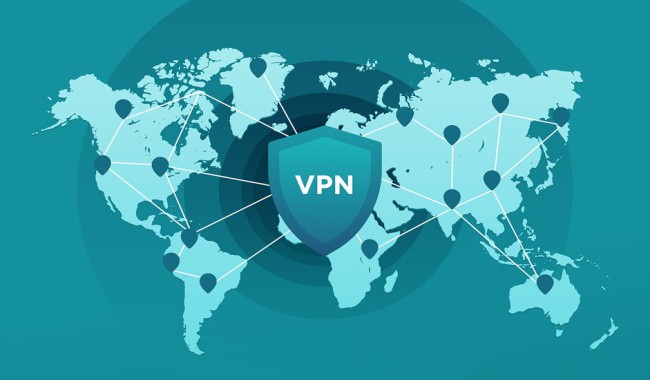
These days, a VPN has become a sort of a necessity and for a good reason.
Here are all of the benefits you will enjoy when you start using a VPN:
- Online anonymity. As we’ve already mentioned, a VPN hides your internet address and prevents people from tracking it. Your online activities can easily be tracked by third parties, internet service providers, or network admins if you don’t use a VPN.
- Bypassing regional restrictions. How many times did you get a message “Not available in your country” on the website you were trying to reach? Since VPNs can provide you with a remote IP address, you will have access to websites that might be geo-blocked and unavailable in your country.
- Data protection. Credit card numbers, passwords, social security numbers, and a lot of other private information can be stolen by a hacker. When you use a VPN, you can use the internet with peace of mind and be sure all of your information is safe.
- Different IP address. Every time you need a new IP address for any reason, your VPN service will provide it.
Free or subscription-based VPN?
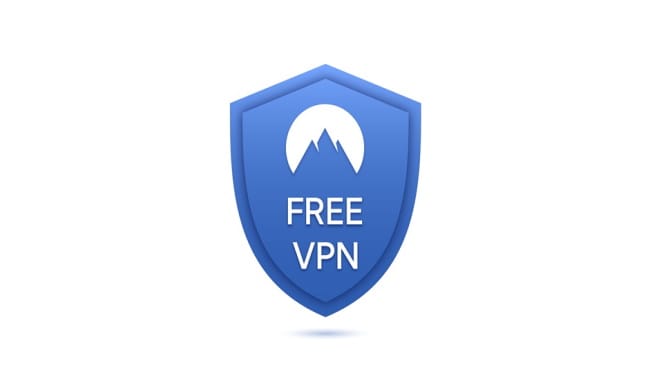
While there is a wide selection of both free and paid options, it’s important to remember that not all VPNs were created equal. There is a seemingly endless number of providers to choose from. So, where should you start?
First, let’s talk about free VPNs. While there is a large selection of them you can use, none of them would probably be a good choice for you.
Most of the time, free VPNs are more trouble than they’re worth. They have slower connection speeds, usually display ads, and have a more limited selection of servers. Additionally, free VPNs are often abused by spammers and hackers, so it would be best to stay clear of them.
There are many reasons to avoid free VPNs. Some of them include:
- embedded malware
- hidden tracking that collects your data
- stolen bandwidths
- IP address and DNS leaks
- financial fraud and identity theft
- browser hijacking
Commercial VPN services work on a subscription-based model and are a much better and safer option. They all vary depending on price and quality but are undoubtedly a better choice than the free service. After all, you can’t put a price on your safety and anonymity.
What to look for in a VPN provider
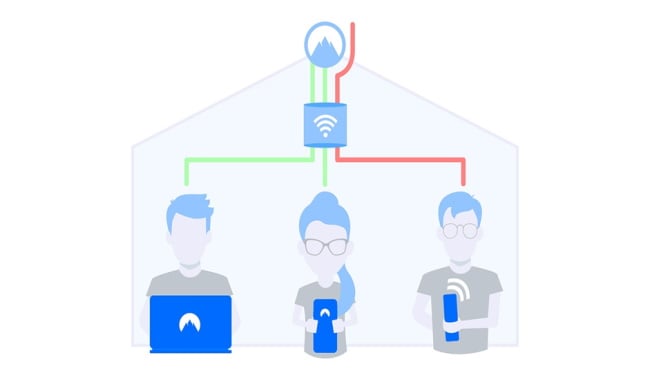
There are quite a few things you need to take into consideration before you make your decision. Different users need different VPN services, but some standards should be universal.
Here are some of the things a good VPN provider should have:
- Speed. Some VPNs are slower than others, and it might take them a long time for them to load a webpage. That is why you should look for a VPN that will improve your internet connectivity, not slow it down as some do.
- A large number of servers. If your VPN provider doesn’t have a large number of servers, there’s a high chance you won’t be able to bypass IP restrictions.
- Ability to connect to multiple devices. Almost all of us use multiple devices to connect to the internet. Your provider should allow you the option to connect multiple devices at the same time.
- Compatibility with various operating systems. According to statistics, 51.65% of all internet traffic in 2019 was achieved through a mobile device. If you use your mobile device to access the internet, you need a VPN that is compatible with various operating systems.
- Good customer support. Bugs and issues are an unavoidable part of anything tech-related. If you experience a problem with your VPN, it’s important to have a provider with outstanding customer support. You should be able to contact your support team 24/7 and through different channels of communication.
- Great reviews. Every provider will boast about how they’re the ideal choice, but the best way to see if this really is true is by checking reviews. If it’s nothing but positive reviews, and the provider meets all other standards, you can be sure that it is the right choice.
There are many trustworthy VPNs that meet these standards, including Nord VPN, Unlocator, and Express VPN. Make sure to review them carefully before deciding which one best fits your needs.
Don’t forget that VPNs have limitations
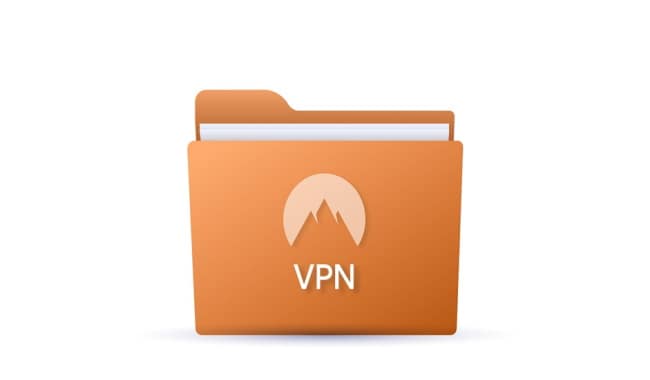
It’s important to remember that just because you have a VPN, that doesn’t mean the service is 100% perfect and without its limitations.
If you’re using a VPN for the first time, it might take some time for you to unlock its full potential. But before you alter the advanced settings of your VPN, make sure you know what you’re doing. Otherwise, you might expose yourself to leaks and breaches.
Every VPN will also have connection drops from time to time. This is normal and unavoidable, but very rare with good VPN providers. Just make sure that the VPN server you’re connected to isn’t overloaded and you’ll be safe. But even if drops do happen, just contact the support team.
Finally, you should know that using a VPN won’t give you complete anonymity. Aside from having a VPN, you should also always use a secure browser and a good adblocker.
However, even though VPNs have some limitations, they are still essential for a safe browsing experience. So if you don’t have one yet, it is best to get one right away.

